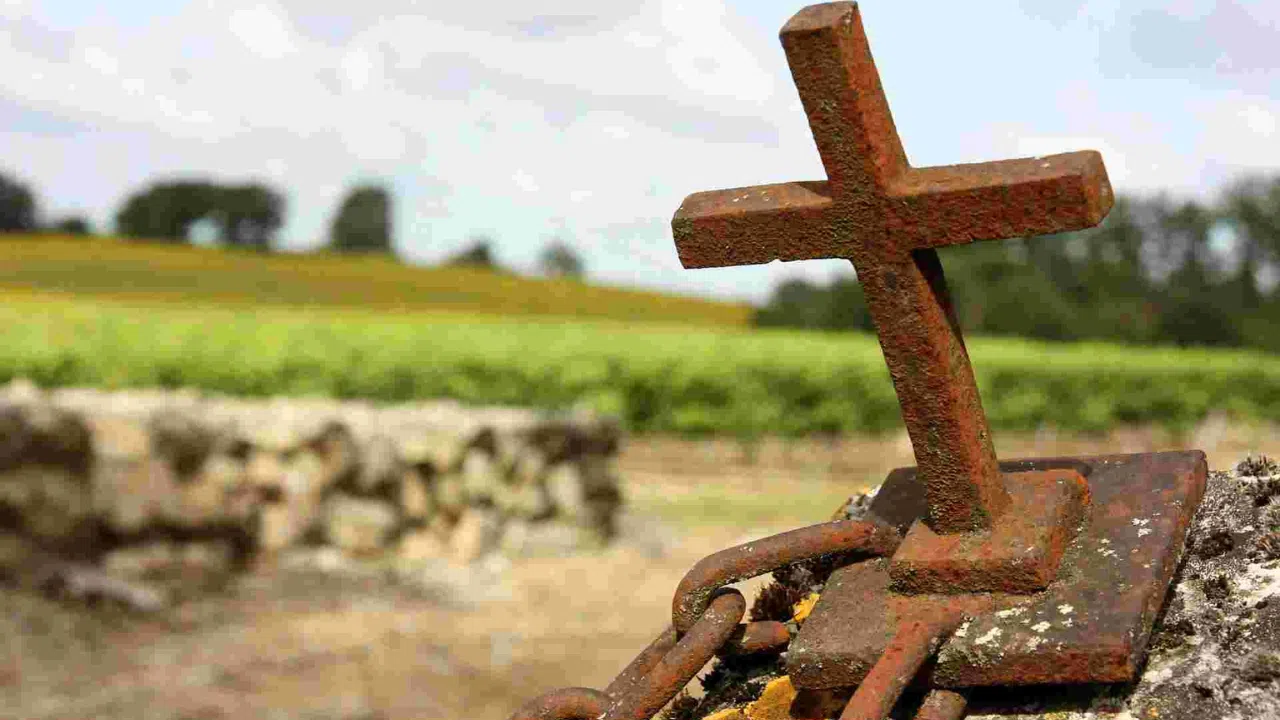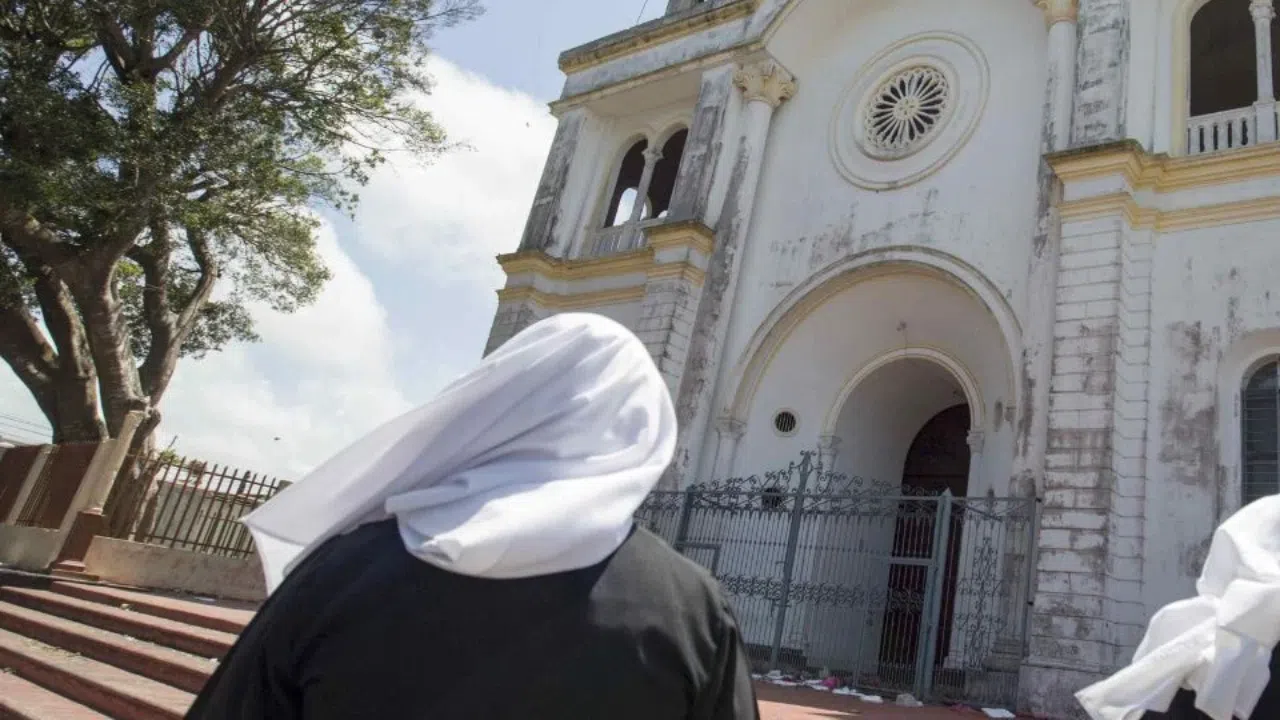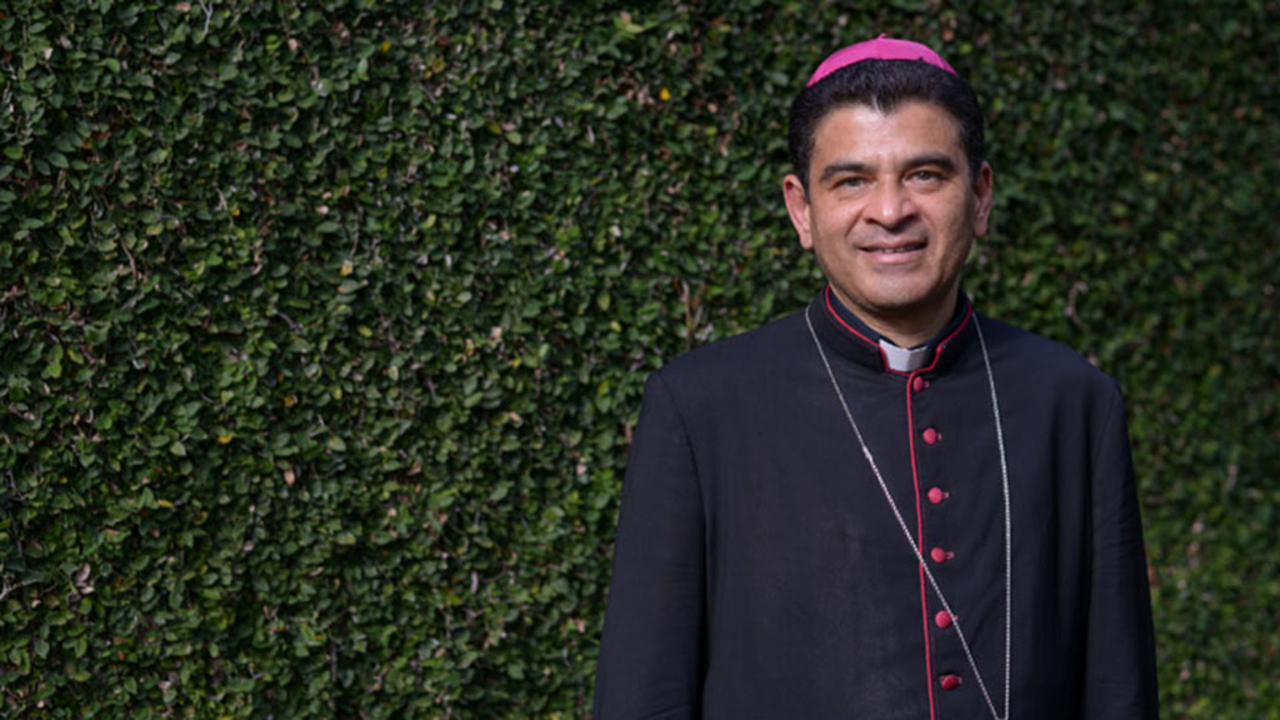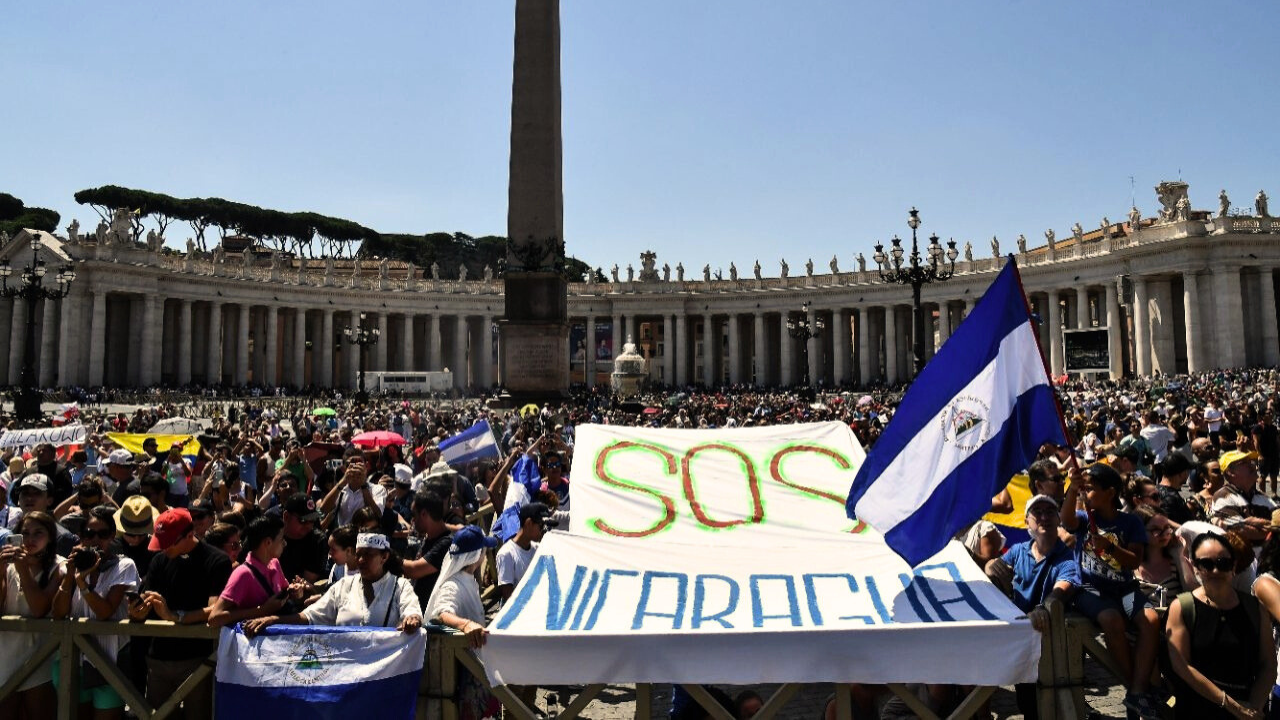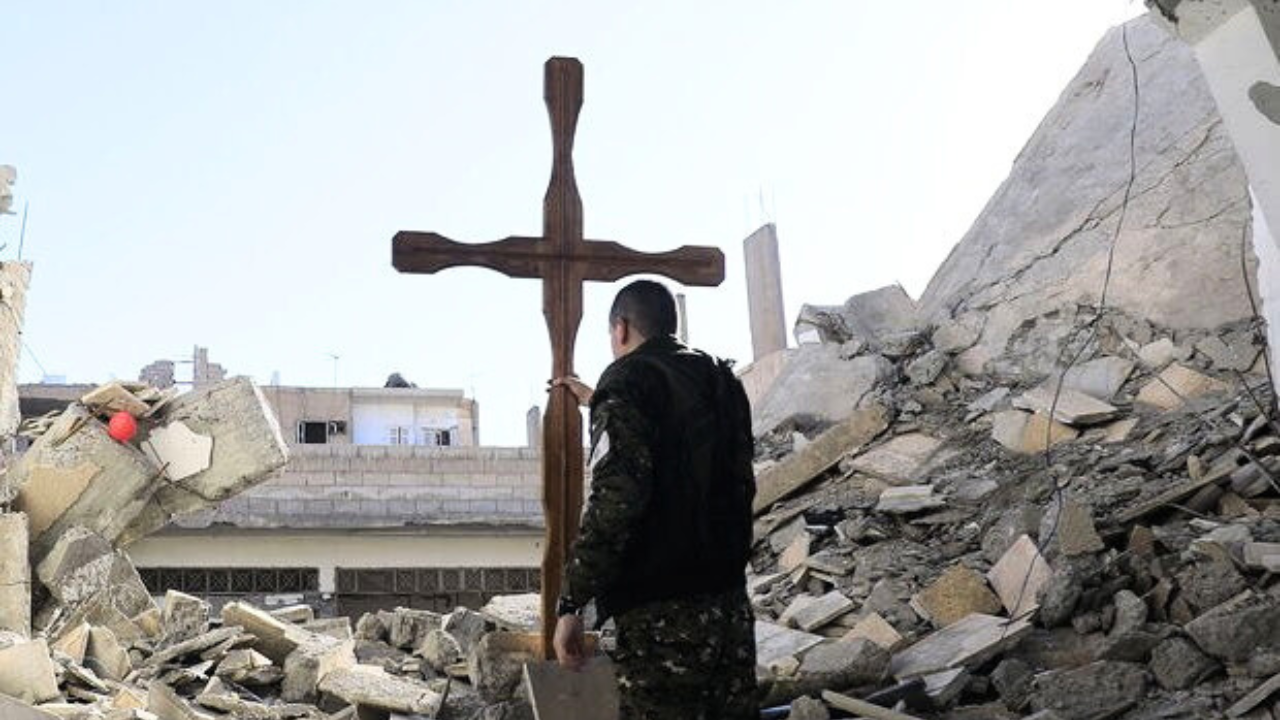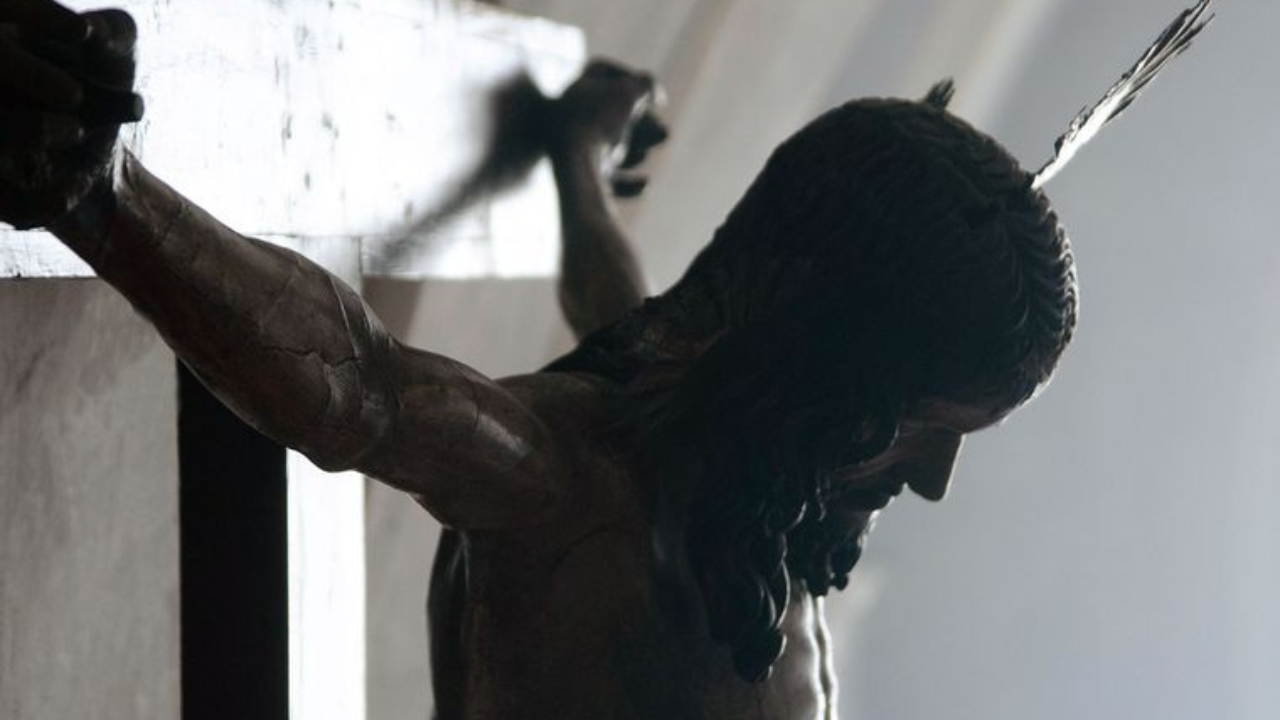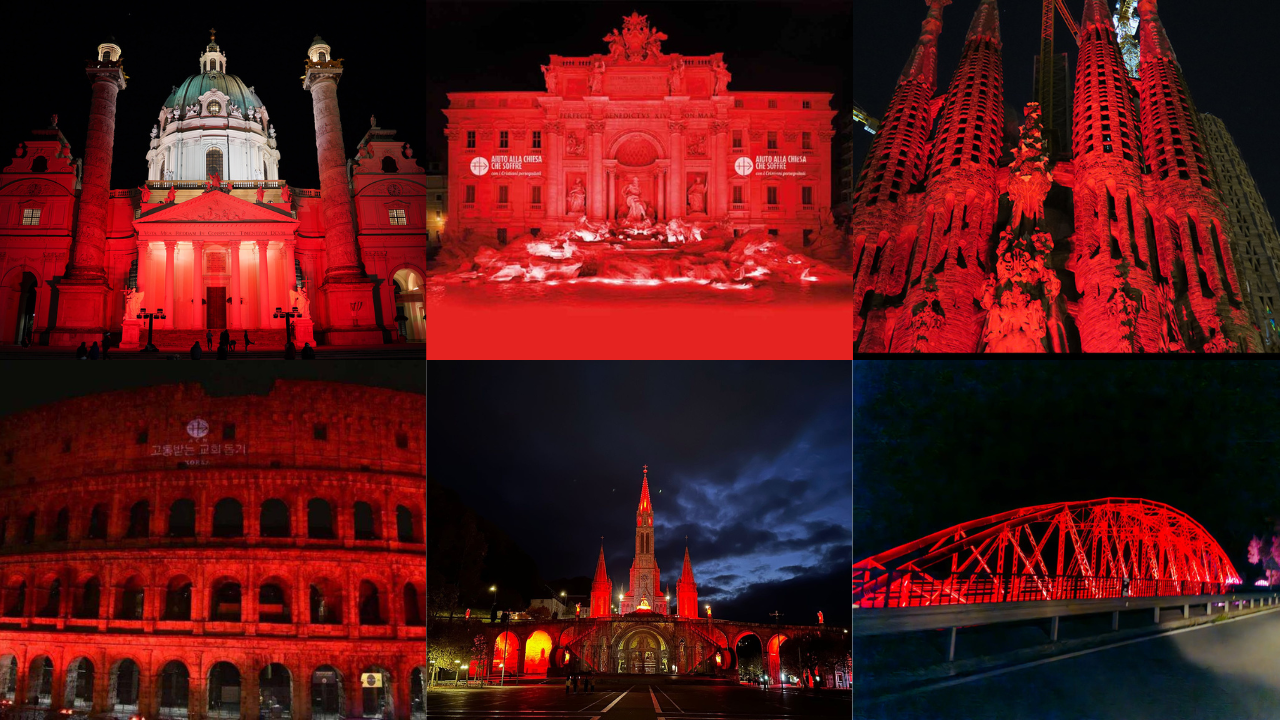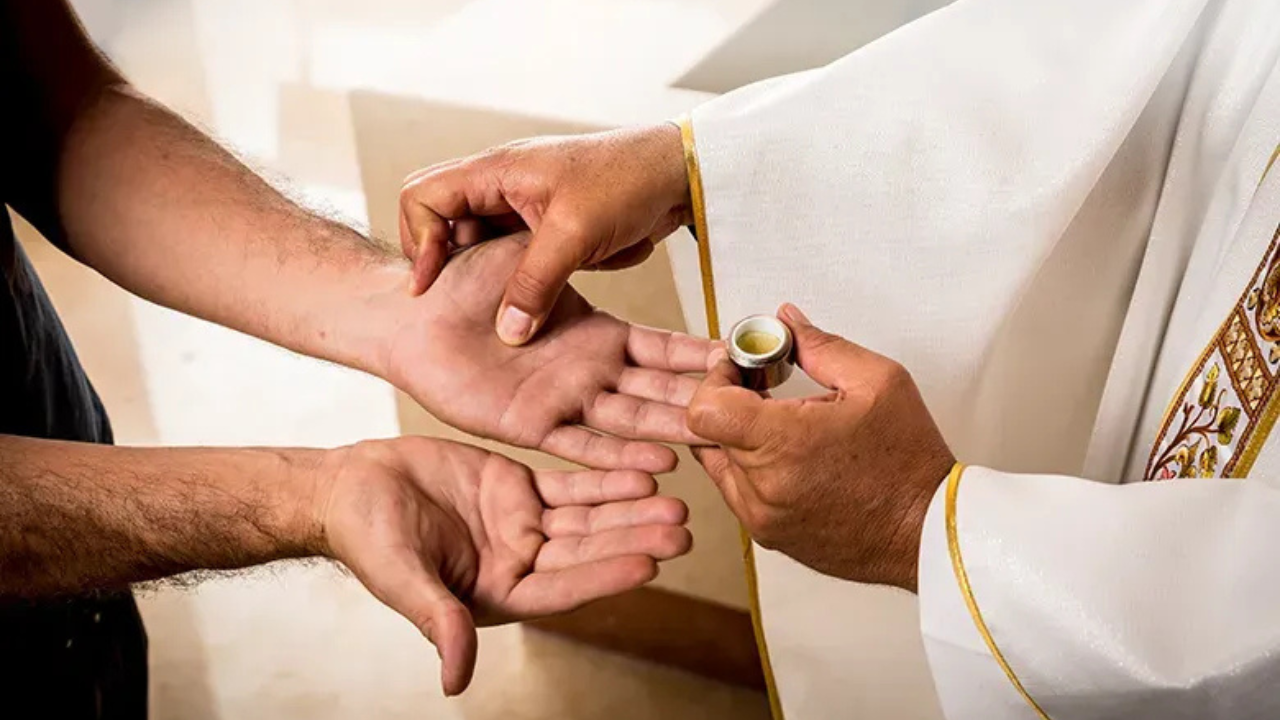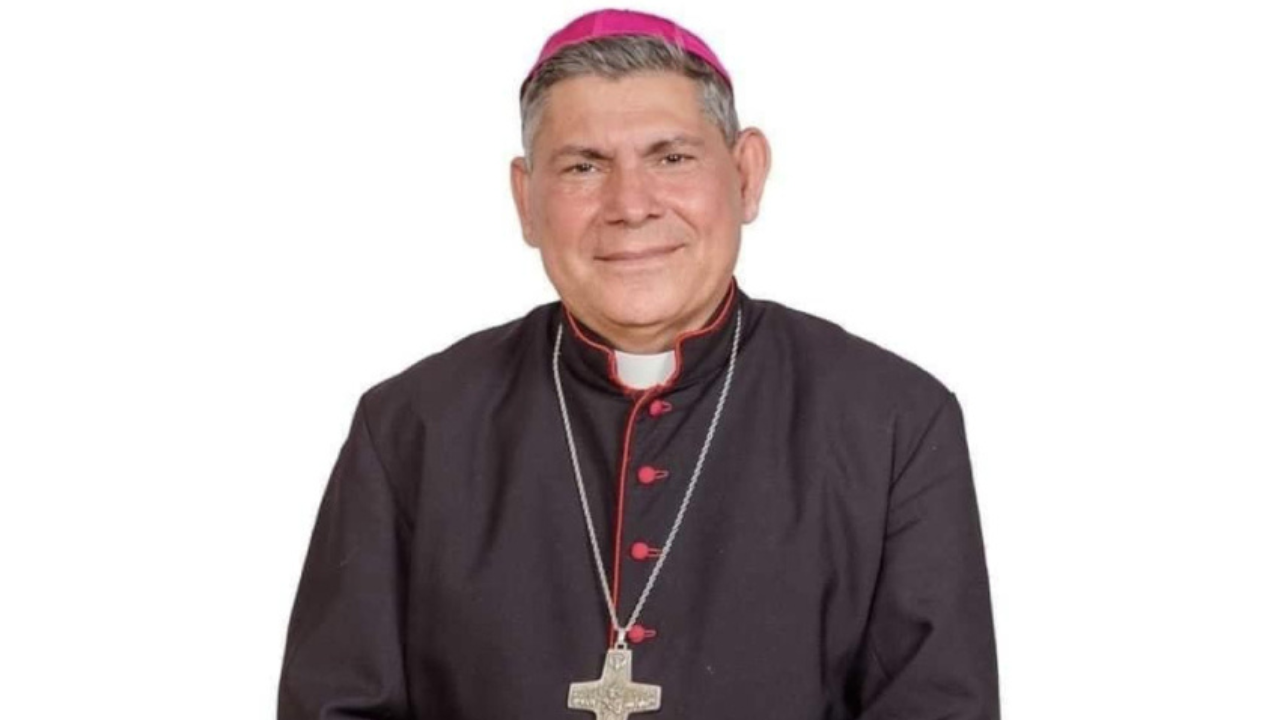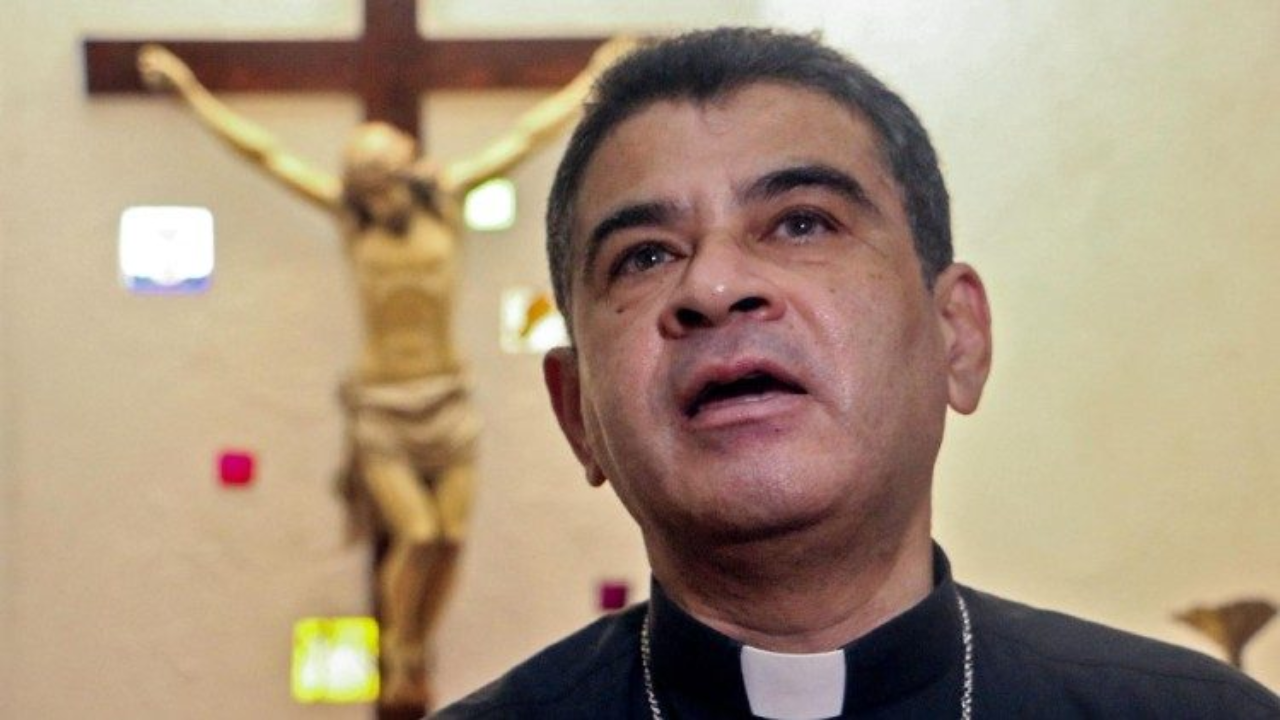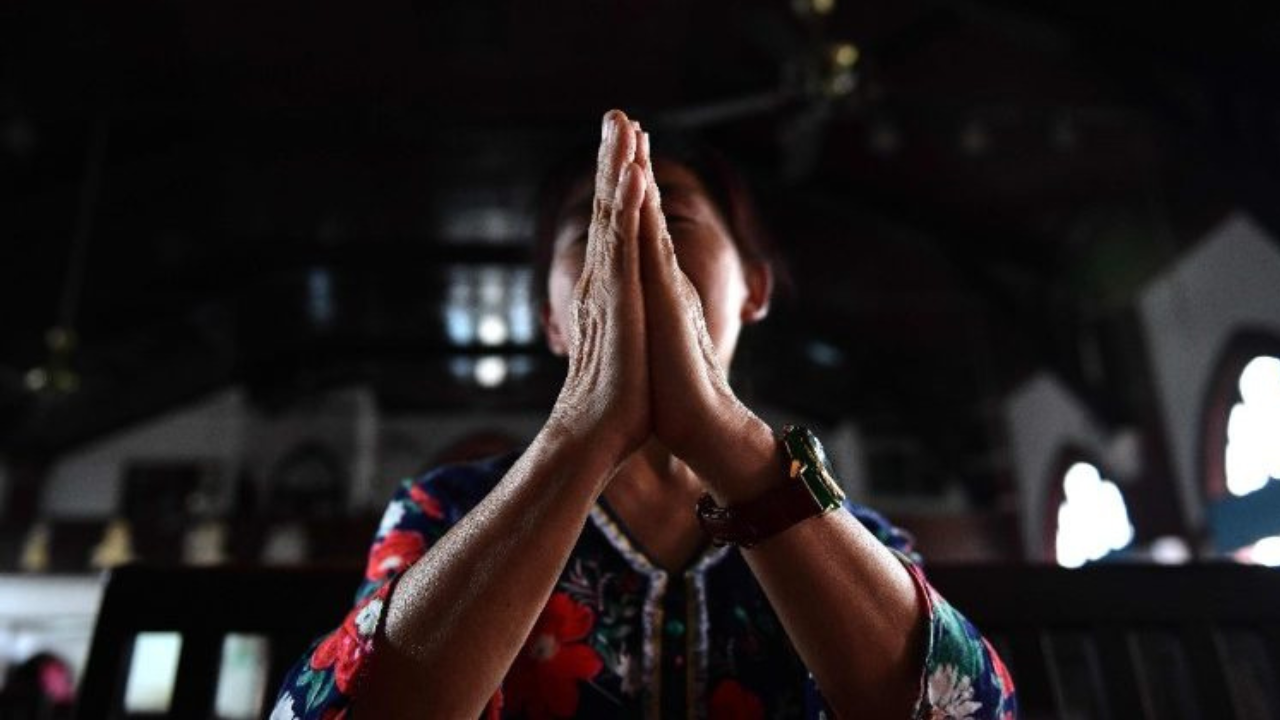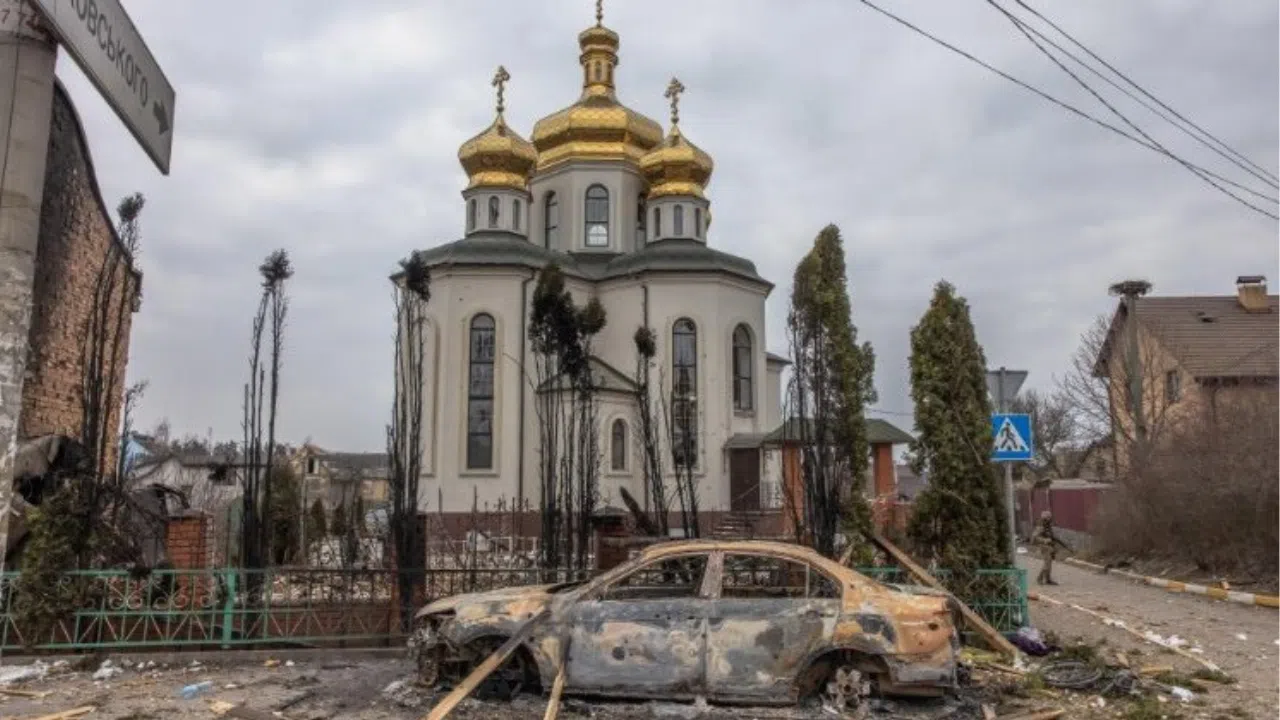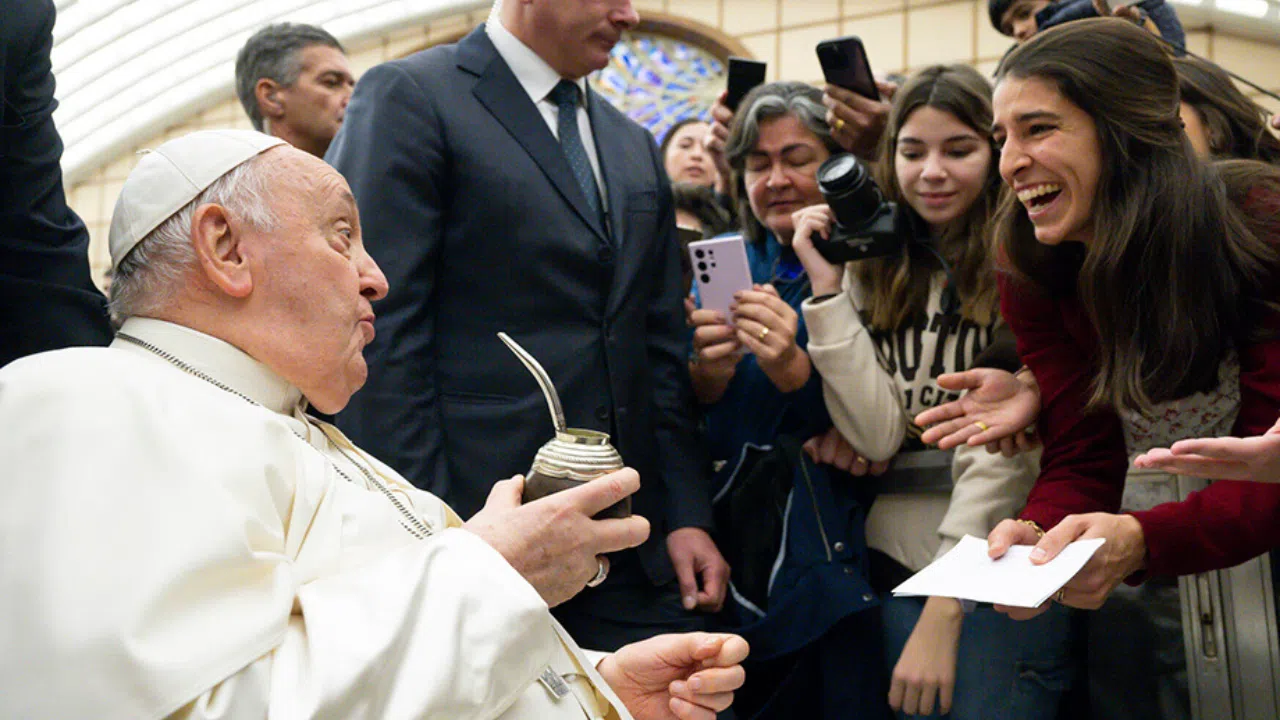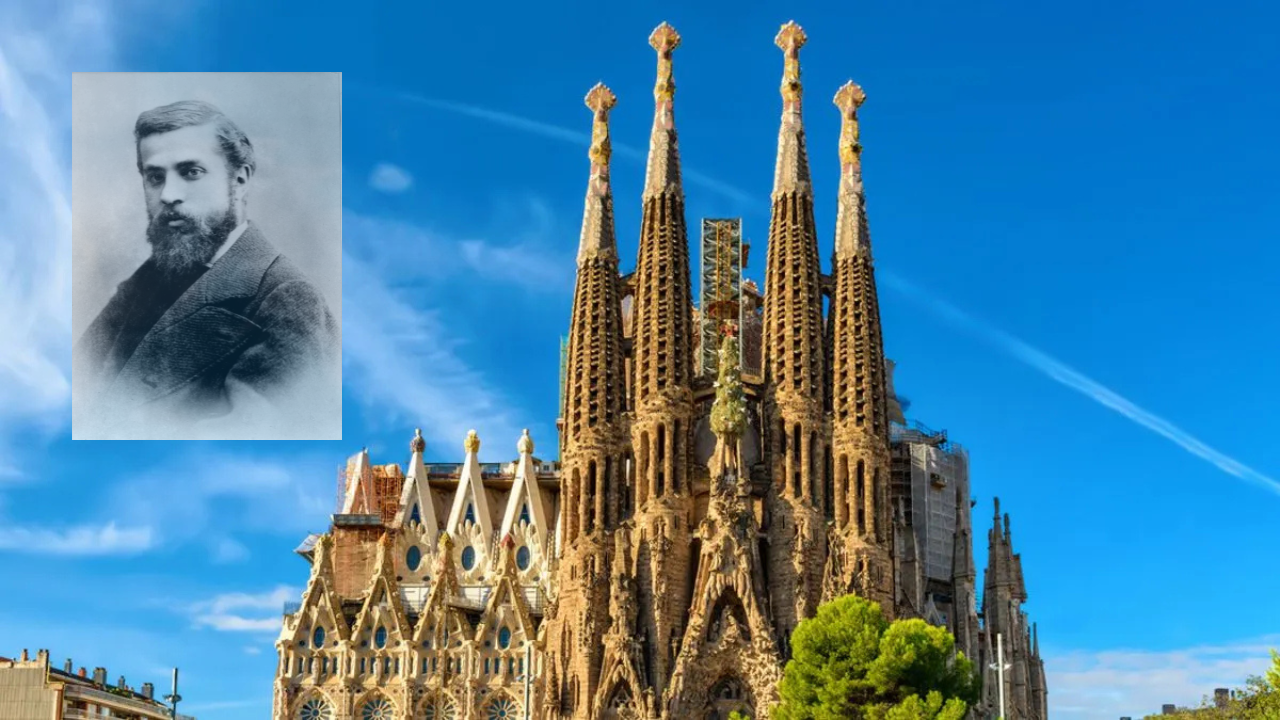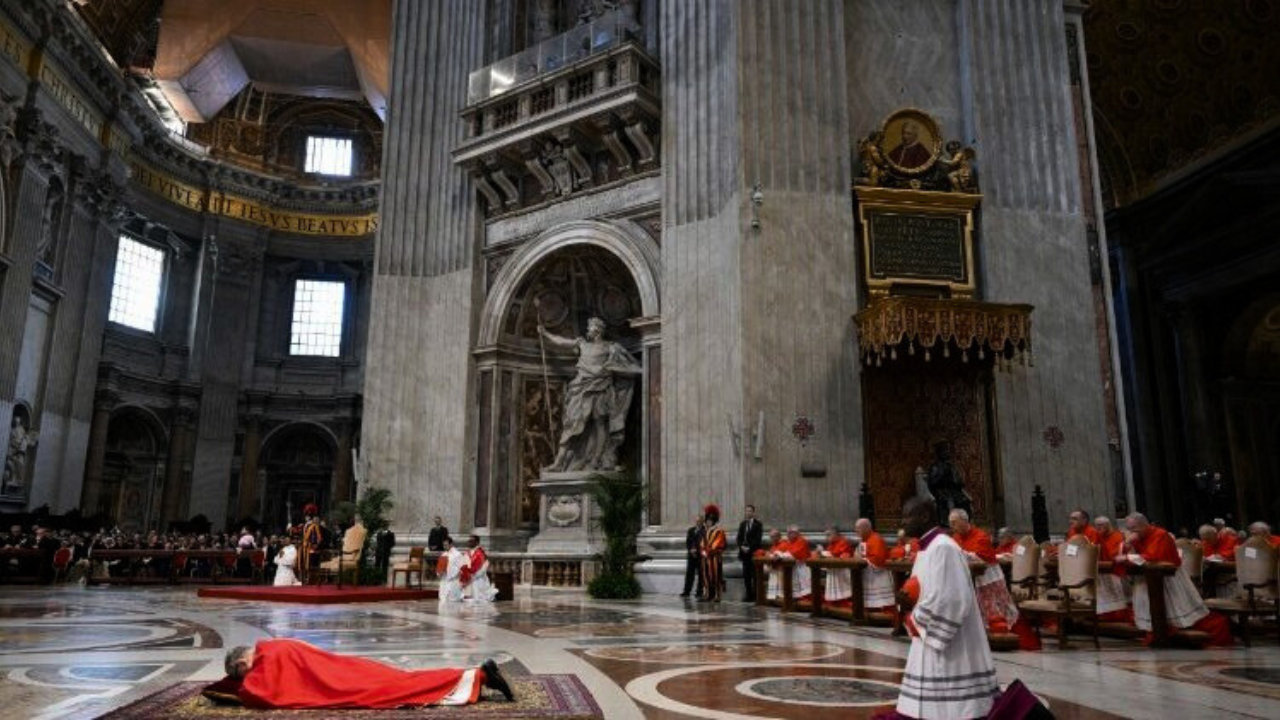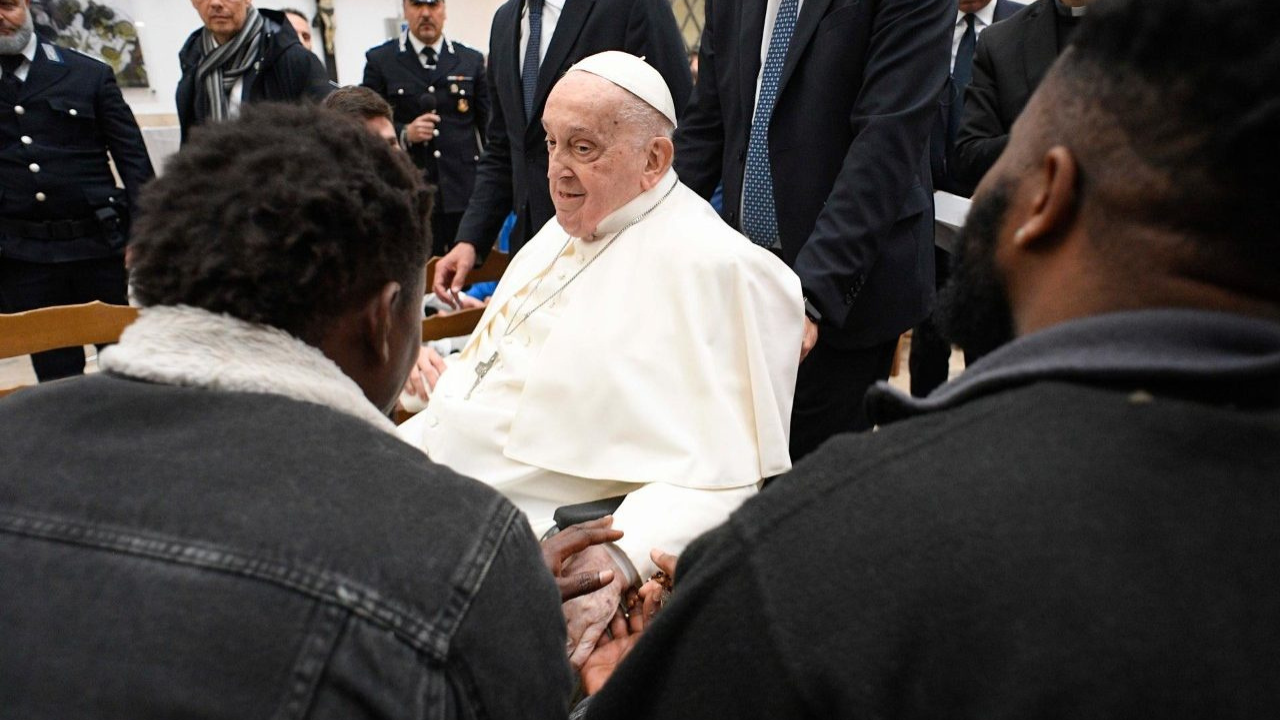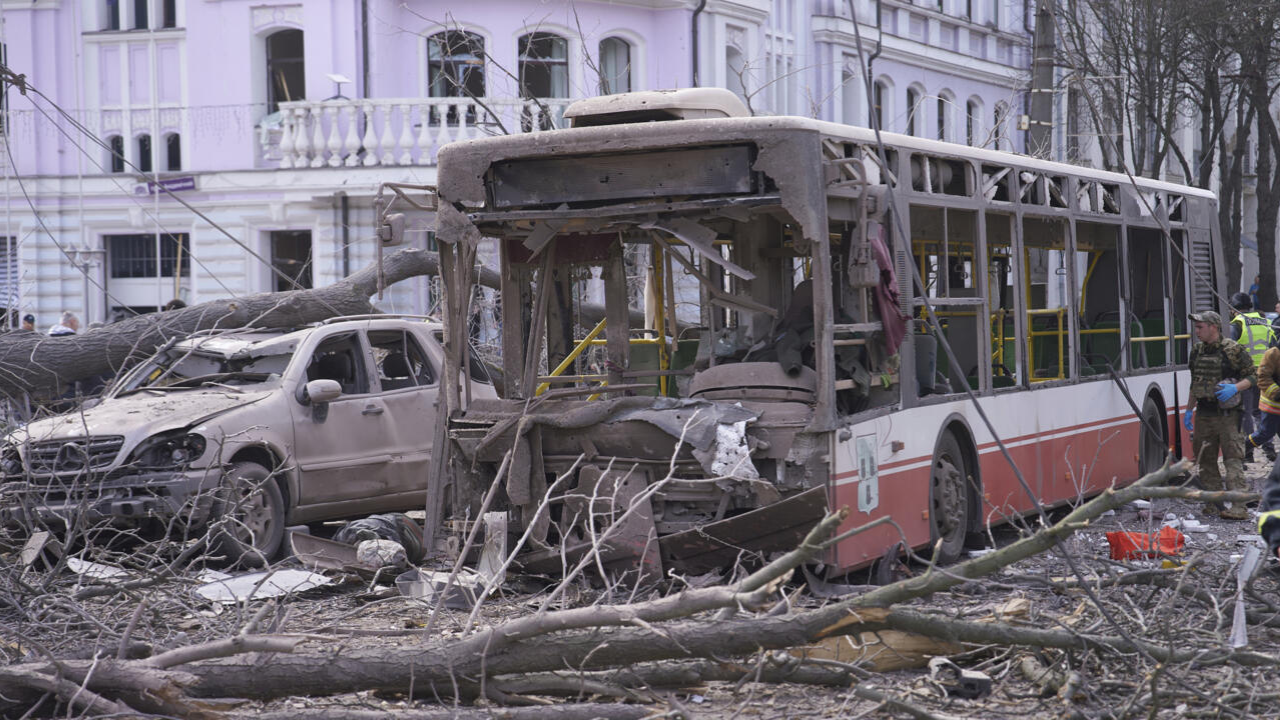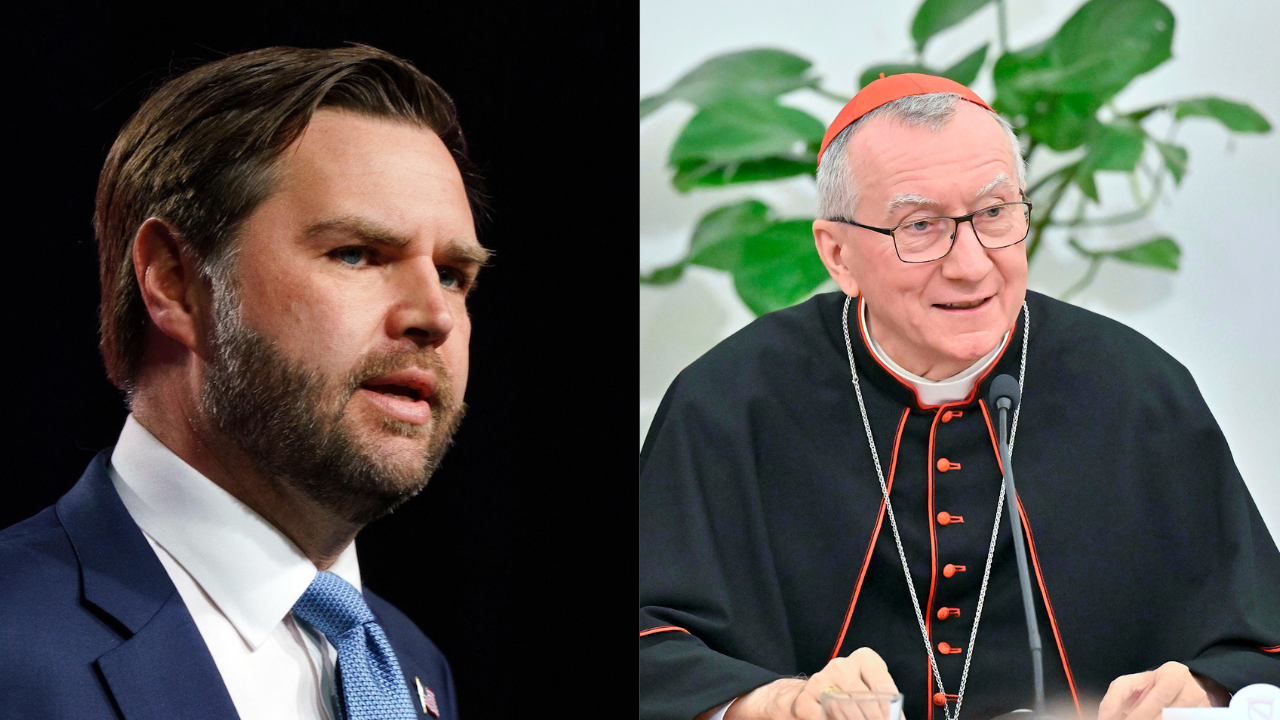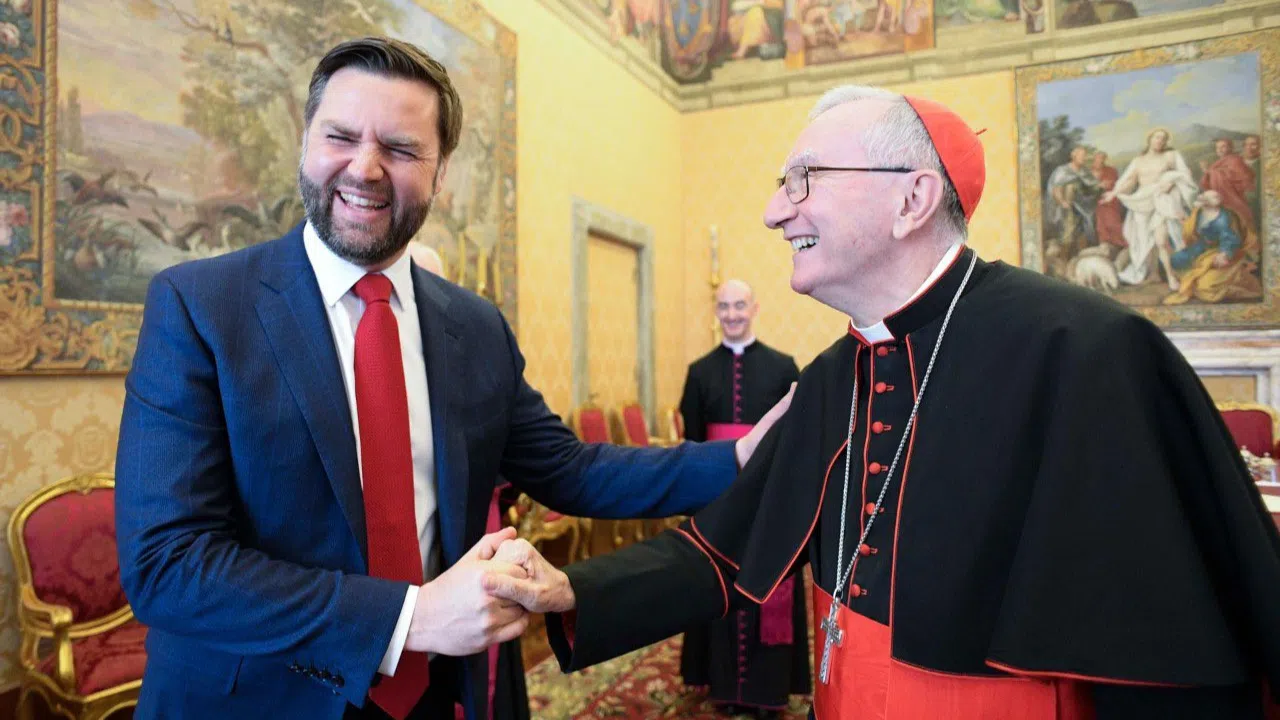In an effort to make sense of the terrorist attacks inside a church in Nice this past October, Rome Reports Premium and Stand Together hosted a Zoom conference with Msgr. Matthieu Rougé, bishop of Nanterre, to discuss terrorism against Christians in Europe.
The bishop noted that though French Catholics were deeply affected by this tragedy that left three people dead, “they responded with prayer and a spirit of peace.”
MSGR. MATTHIEU ROUGÉ
Bishop of Nanterre (France)
“I found that it was the non-believers, who are often in some way cultural Catholics, who reacted with anger, because they did not have the spiritual resources to respond to violence with peace. It is necessary to be deeply rooted in faith, to understand that peace is not weakness, but the true strength.”
Msgr. Rougé explained that contrary to what some may think, he does not see a general rejection of Islam and Muslims in France.
MSGR. MATTHIEU ROUGÉ
Bishop of Nanterre (France)
“Anyone, I think, is able to distinguish, and distinguishes, between Islam and radical, political Islamism. There is, after the Nice attacks, a renewed awareness of the dangers of radical, political Islamism; of the need to fight it without naivety.”
He said it is equally important to help Muslims protect themselves from this radical, political Islamism.
It's an idea shared by British ambassador to the Holy See, Sally Axworthy, who also participated in the discussion. She underlined some of the elements common to people who have been radicalized, such as having some sort of personal vulnerability and being exposed to radical ideas.
SALLY AXWORTHY
British Ambassador to the Holy See
“Thirdly, they don't often have family structures around them which can moderate their extremism or protect them, and that's something we might think about in the case of the perpetrators in France. Fourthly, they're often looking for identity and belonging.”
It's a challenge not only for France and Europe, but for the whole world, to address the root causes of violent extremism.
CT
